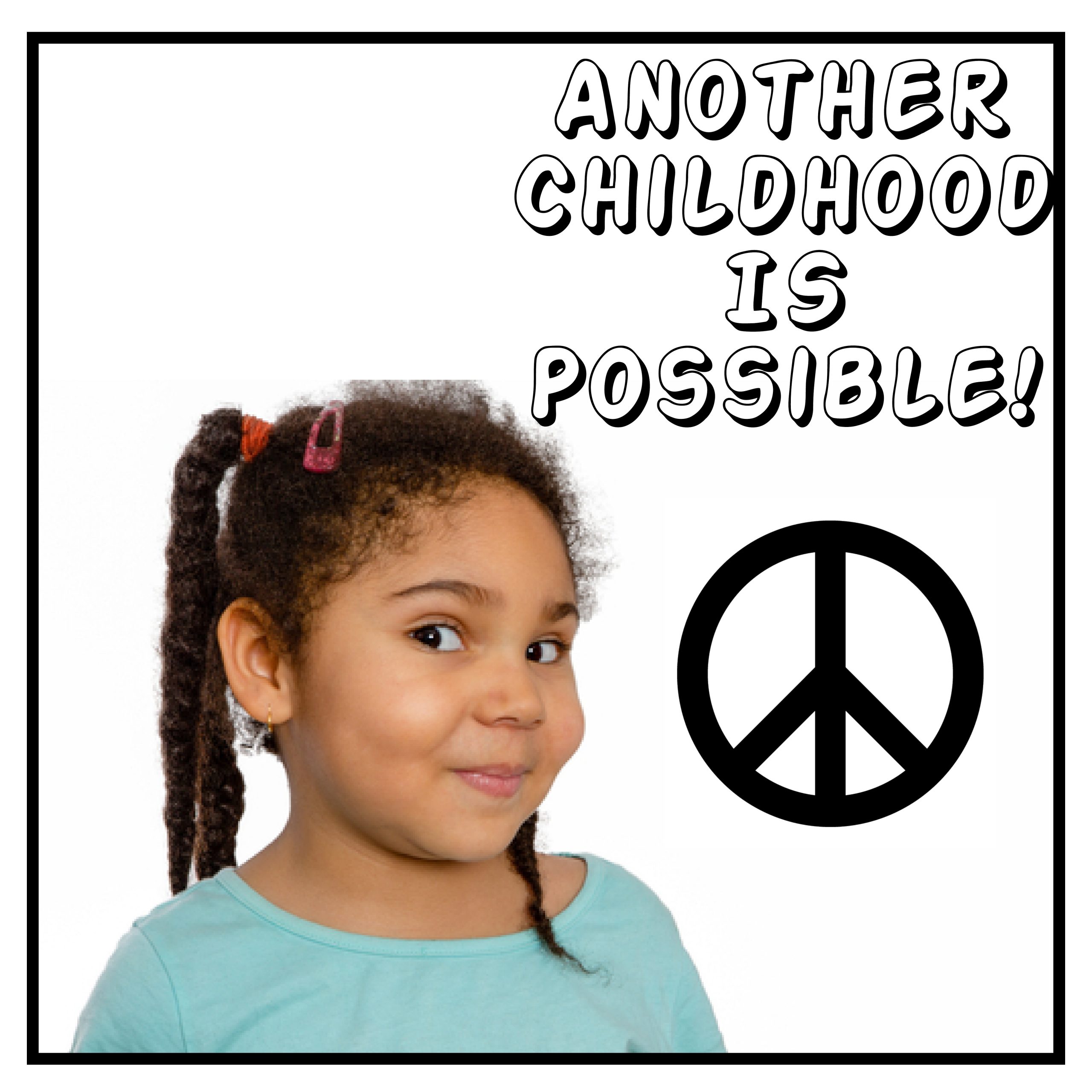For working-class children and the most economically oppressed, to be taught to view your neighbors and family suspiciously is a disservice. Oppression feeds on suspicion and mistrust. Marginalized people who do not trust each other, lose the power of community, and that is often their greatest advocate and sustainer.
We often talk about the new normal, but if we are still practicing old normals, we’ll end up right back where we were with a different timestamp.
But how do we get there?
“The ultimate goal of peace education is the formation of responsible, committed, and caring citizens who have integrated the values into everyday life and acquired the skills to advocate for them,” — Betty Reardon.
The idea of peace education is that we construct with the youngest in our society, citizens that can negotiate conflict, communicate, and cooperate. From early childhood education, we must construct a community of kindness.
Anti-bias work is an important continuous process; it will be something that we must always work on from early childhood education through twelfth grade. Bias is a tool of oppression. Bias enforces the classist and racist structure within our socioeconomic system. Bias, combined with Adam Smith’s “invisible hand” holds our face and turns it away from justice.
But once we are aware of these biases, after we have had conversations on racism, gender, and nationalism, and have begun to chip away at them, are we prepared?
Are we prepared to sprint around the track of liberty? Will it be a dash among equals, or will some of us still be leaping hurdles?
Are we teaching our children to be prepared to be kind to each other? Is early childhood education kind?
What are we teaching about cooperation and love?
We need to teach our children to be friends, colleagues, and to trust, but sometimes what I see among adults who work with children is the perspective that others are adversaries.
The following resources have guided me:
The Miracle of Mindfulness by Thich Nhat Hanh taught me patience. It has taught me not only patience with others, but patience with myself, the patience to learn, and the patience to be open.
Marie Montessori provided me a map with her essays in her book Educate for Peace, a book that highlights Montessori’s lifelong dedication to peace and equity internationally.
The founder of the social justice oriented Reggio Emilia, Loris Malaguzzi, showed me that peace movements are intersectional. Malagzzi believed that to create a society that is rooted in justice, society must start with justice for its youngest members and actively be anti-misogynist and supportive and respectful of school teachers.
As we move towards a society where (de)information can easily be obtained via a few taps of a keyboard, our interactions with our fellow humans, online and offline are essential. We need to teach children the reasons why cooperation and communication matter. We must make it matter in early childhood education.
Communication is something that we’re losing. Cooperation and conflict resolution is one of the most important tools that groups have, even groups of 4-year-olds.
We aren’t going to achieve liberty by the exclusion of others using in-group signals and retreating to life-stylisms. We need to act from ideas and beliefs, not be reactionary to hate. Avoiding reactionary responses is difficult, but we must control the narrative. We do not exist as a reply to hate, hate exists as a reply to love.
We need to practice for when we are free, because our work has to be about the truth that THIS getting better IS possible, because not only is Another World Possible, so is Another Childhood.
by Lark Sontag
Children’s Book Author, Early Childhood Education Specialist, Curriculum Developer, and Social Justice Advocate for Children.
References
(n.d.). Peace Education Foundation. Retrieved April 7, 2020, from https://peaceeducation.org/
(n.d.). Another World is Possible – AK Press. Retrieved April 7, 2020, from https://www.akpress.org/anotherworldispossible.html
